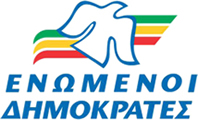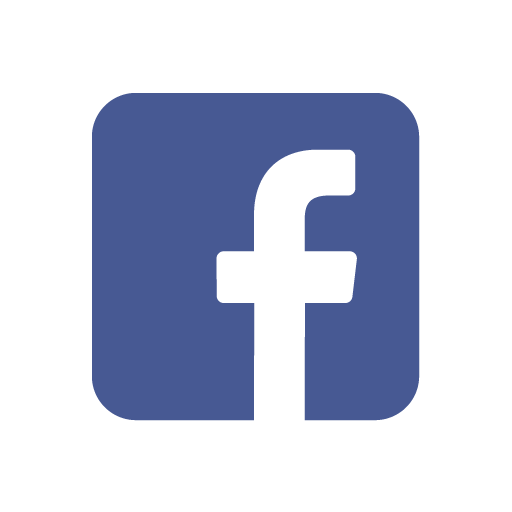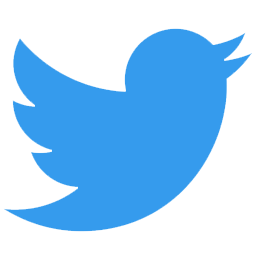19 Απρ Economic and political prospects for the area of the Eastern Mediterranean
Praxoula Antoniadou Kyriacou at Liberal International (Excerpts)
The area in which the Liberal family is today holding this meeting is loaded with opportunity and risk. And it will take visionary, courageous and able leaders across the countries of the area- to constructively exploit opportunity towards building peace, cooperation, growth, prosperity and democracy, rather than allowing the area to drift to warfare, destruction and trampling of democracy. And it will take visionary and enlightened leadership internationally –especially in Europe, who is an immediate neighbor of the area- to encourage and support a process towards peace, democracy and growth.
And Liberals, on the basis of our values for freedom, democracy, peace and respect of human rights, and of our courage and inspiration to implement these values, are best suited to lead towards the transformation of the area away from war, mistrust and economic, social and political misery, to a future of peace, cooperation, growth and respect for human rights.
It is unfortunate for the area of the Eastern Mediterranean, that today decisions in the European Union are made by non liberal politicians, who have already proved that they are out of touch with the vision and values which had guided the founding fathers of the Union.
I must confess that I found Eurogroup’s recent decisions on Cyprus very disappointing. It is true that Governments in Cyprus made many mistakes, especially in terms of priorities and I had heavily criticized such ill directed priorities during the recent election campaign for the Presidency of Cyprus. Hence an enlightened Europe should have found a way to punish inefficient and ill-directed governments and their protégés, rather than punishing the ordinary Cypriot citizen and small and medium sized enterprises in the real economy who had nothing to do with the business of foreign deposits.
The ordinary Cypriot citizen and businessman is actually paying the price for the agreement to bail out the Greek economy when the haircut on Greek bonds had been decided. Cyprus had the greatest exposure to the Greek economy amongst all Member states but this was not taken into consideration at the time of the Greek haircut, nor did the then President- Christofias- try to negotiate before signing away at least 10 billion euro of a gift to ‘’motherland’’ Greece.
It is true that the policy decided after 1974 to maintain a low corporate tax rate resulted in the gradual accumulation of foreign deposits into Cypriot Banks, to an extent which exceeded the size of the local economy by 7 times and that this was the reason why Cypriot banks had invested heavily in Greece.
That’s why I consider that decisions taken by Eurogroup on Cyprus are not sufficiently targeted, in the sense that instead of concentrating on the root of the problem which is foreign deposits, they penalize many Cypriot Small and Medium Sized enterprises active in non-financial economic sectors, such as construction, manufacturing and tourism -companies which just happened to be keeping their accounts with the two major banks in Cyprus.
Asking SMEs in construction, manufacturing and tourism, i.e., in the real economy to pay through their working capital for the bailout of foreign deposits which had been invested and forfeited in Greece is ill-targeted and will strike hard at the real economy of Cyprus. Punishing innocent citizens rather than incompetent local leadership will not really do the trick in Cyprus and the European leadership of today has to think harder as to how to uphold the vision which had inspired the founding fathers of the Union.
In this regard, on behalf of the United Democrats, I would like to express our appreciation to the initiative taken by our Liberal Democrat family in the European Union to call for explanations about how the disaster in Cyprus was allowed to unfold. I would also appeal to our Liberal Democrat family in the Union to support the request submitted on 9th April 2013 by the President of Cyprus to the President of the European Parliament for the provision of additional allocations under Cohesion Policy and Rural Development funding, so that the real economy of Cyprus could be supported to restart and so that the blow effected on the Cyprus economy and employment prospects will not be allowed to turn into a social disaster.
Returning to the opportunities facing the area and the prospects of promise that can materialize with liberal, visionary, courageous and able leadership, the recent emergence of the area of the Eastern Mediterranean as a new source of Energy for Europe can serve as an awakening trigger to all countries in the area to think outside their narrow national borders and problems and consider how this new variable in the equation of the area –energy- can be jointly addressed in a way that it will yield growth and prosperity for all, including our European Union partners. It is a time of joint responsibility towards both the peoples of the Eastern Mediterranean as well as towards the people of Europe. This is the time for Turkey, Cyprus and Greece to resolve their problems of the past, as is also the time for Israel and the Arab countries to do the same.
Given that the Union is currently moving away from nuclear energy –following the nuclear accident in Japan- and until renewables can fully respond to Europe’s energy needs, natural gas can serve as a bridging solution to the future. And the area of the Eastern Mediterranean has now proven to be sitting on such a treasure: a treasure which can be used as a vehicle of peace making or which can be left to go astray and lead to new warfare that will create new ruins and destruction. The Southern gas corridor envisaged by the regulation on Trans-European Energy Infrastructures is but a case in point.
The area of the Eastern Mediterranean itself rich in cultural diversity and history, as it is situated at the cross roads of civilizations, has so far failed to use cultural and economic diplomacy to move away from conflict towards permanent peace.
Visionary and effective leaders in the area need to concentrate on what can unite us rather than on what brings conflict and division. Economic cooperation with a view to mutual benefits is a well tested and successful vehicle of attaining peace.
Not to mention the huge savings on military expenditure that will be made when countries in the area resolve their longstanding differences.
This is the time for Liberal, visionary, courageous and able leaders -across the countries of the area and across Europe – to lead, support and encourage the area of the Eastern Mediterranean towards peace, cooperation, growth, prosperity and democracy, so as to build on opportunity rather than allow risk to go astray and so as to ensure that Europe’s neighbourhood will indeed become and remain stable.
Praxoula Antoniadou Kyriacou
President of the United Democrats
Former Minister of Energy of Cyprus





